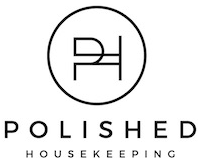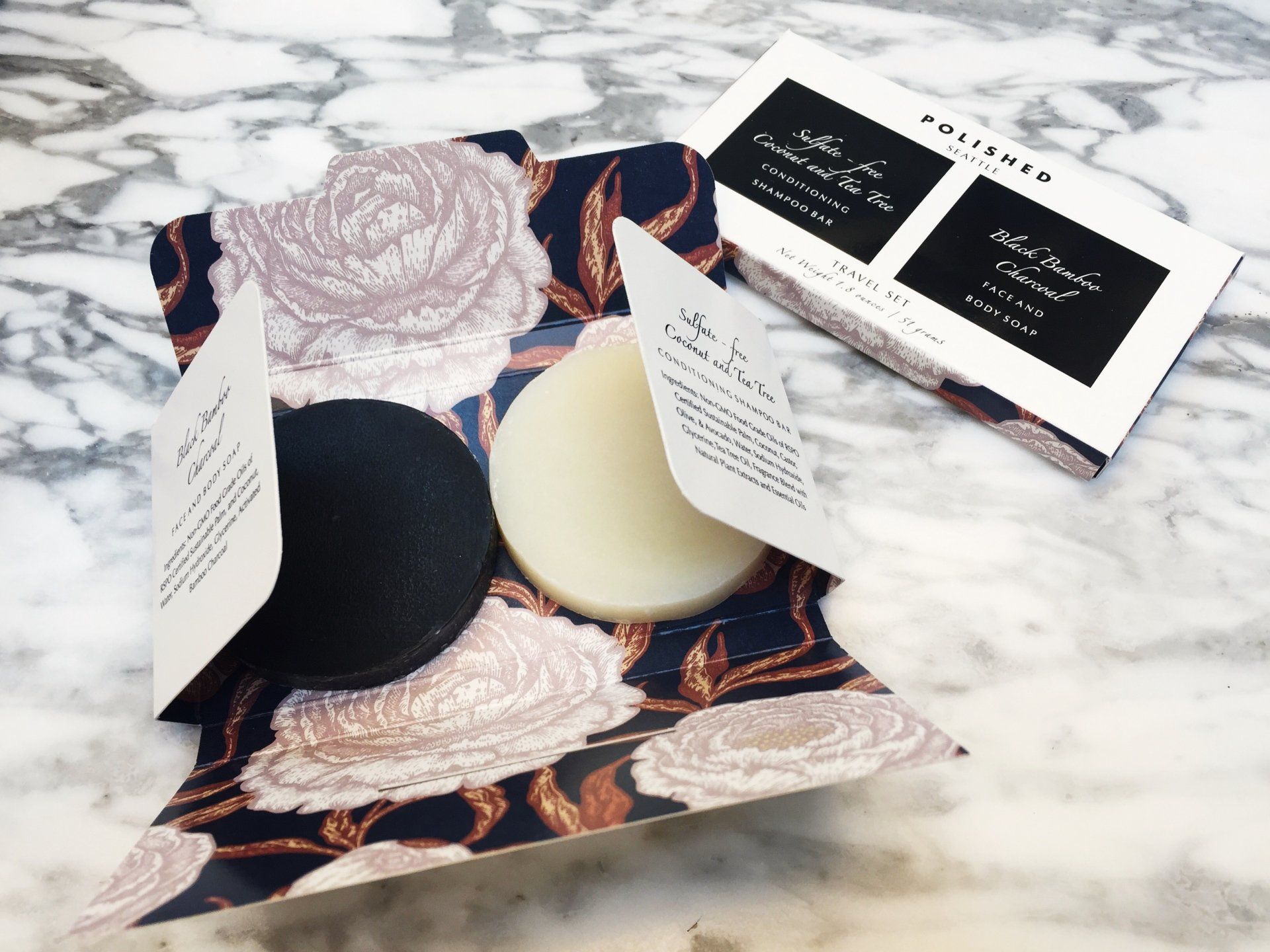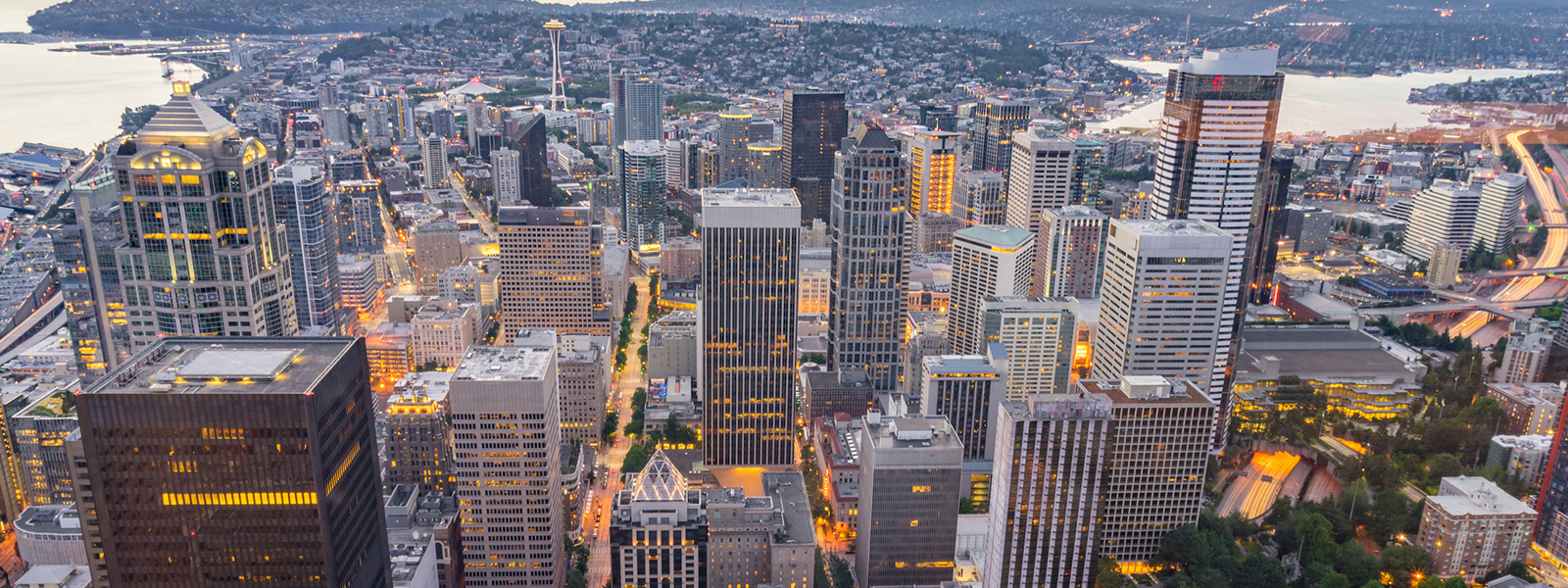
Well-maintained common areas speak volumes about a multifamily building and its ownership. Residents notice well-kept grounds, hallways and stairwells, and clean laundry facilities. These areas set a visual expectation for how residents should treat their own dwellings, and are a key component to resident comfort, satisfaction, and safety. Savvy owners recognize common areas as a vital tool for improving resident retention, allowing them to enjoy lower vacancy rates and the ability to command higher rents. Outsourcing common area cleaning carries the added benefit of experienced and consistent eyes on the property, to spot maintenance and other concerns which are exceptionally valuable to building owners managing their properties remotely. Good business practice aside, keeping common areas reasonably clean and safe is a legal expectation in many local municipalities, including Seattle. Recognizing the key role building owners now play, in helping to curb the spread of COVID-19, many owners are taking cleaning a step further with common area sanitization, helping their residents remain safe and healthy at home. The Centers for Disease Control and Prevention (CDC) recommends taking the following actions for effective sanitization1: Hard (Non-porous) Surfaces If surfaces are dirty, they should be cleaned using a detergent or soap and water prior to disinfection. For disinfection, most common EPA-registered household disinfectants should be effective Follow the manufacturer’s instructions for all cleaning and disinfection products for concentration, application method and contact time, etc. Additionally, diluted household bleach solutions (at least 1000ppm sodium hypochlorite) can be used if appropriate for the surface. Follow manufacturer’s instructions for application, ensuring a contact time of at least 1 minute, and allowing proper ventilation during and after application. Check to ensure the product is not past its expiration date. Never mix household bleach with ammonia or any other cleanser. Unexpired household bleach will be effective against coronaviruses when properly diluted. Prepare a bleach solution by mixing: 5 tablespoons (1/3 cup) bleach per gallon of water or 4 teaspoons bleach per quart of water Soft (Porous) Surfaces For soft (porous) surfaces such as carpeted floor, rugs, and drapes, remove visible contamination if present and clean with appropriate cleaners indicated for use on these surfaces. After cleaning: If the items can be laundered, launder items in accordance with the manufacturer’s instructions using the warmest appropriate water setting for the items and then dry items completely. Otherwise, use products that are EPA-approved for use against the virus that causes COVID-19 and that are suitable for porous surfaces. More information is available at www.polishedhousekeeping.com.

Hotel-sized toiletries are adorable, but supplying single-use plastic to short term rental guests weighed on us ethically. An exhaustive search for eco-friendly alternatives led us to Ashland, Oregon, and a luxurious collection of shampoo and soap bars that we’re now proud to offer under our house brand, Polished Seattle. For hair, a buttery Coconut and Tea Tree conditioning shampoo bar. A Black Bamboo Charcoal bar balances the set for face and body. Locally handmade from sustainably and ethically sourced natural ingredients, these travel sets are totally unique in the marketplace, completely biodegradable, and a cute memento that captures the social and eco spirit of the Pacific Northwest. Now available exclusively through Madeson Management properties, and online: polishedhousekeeping.com/amenities





